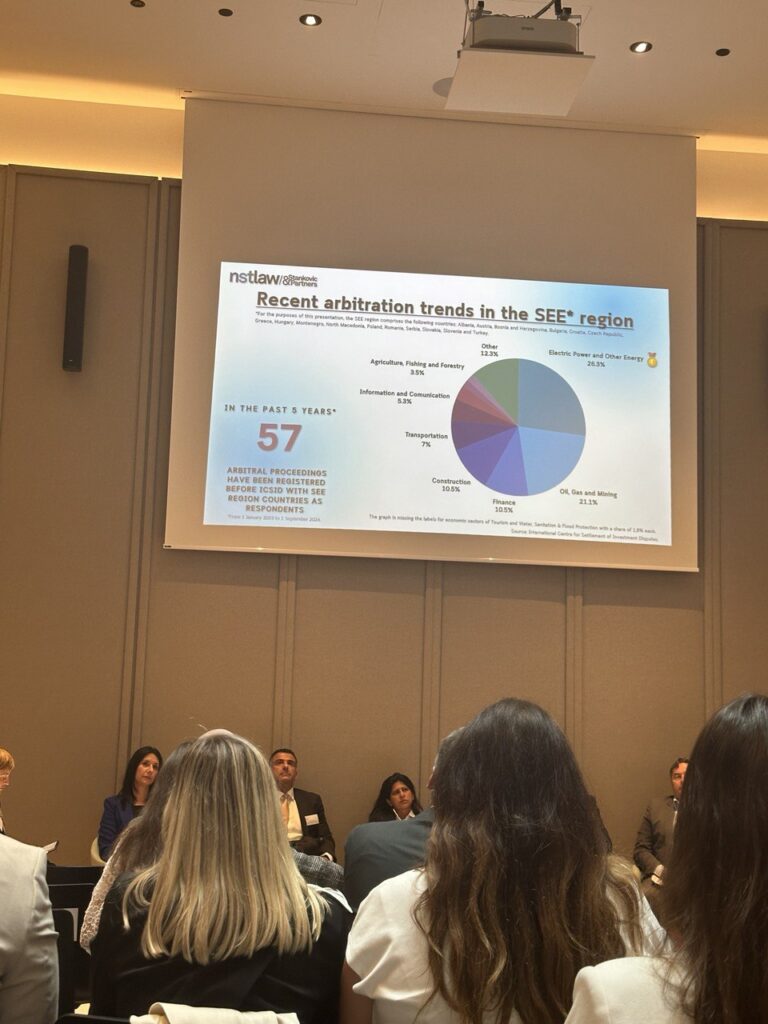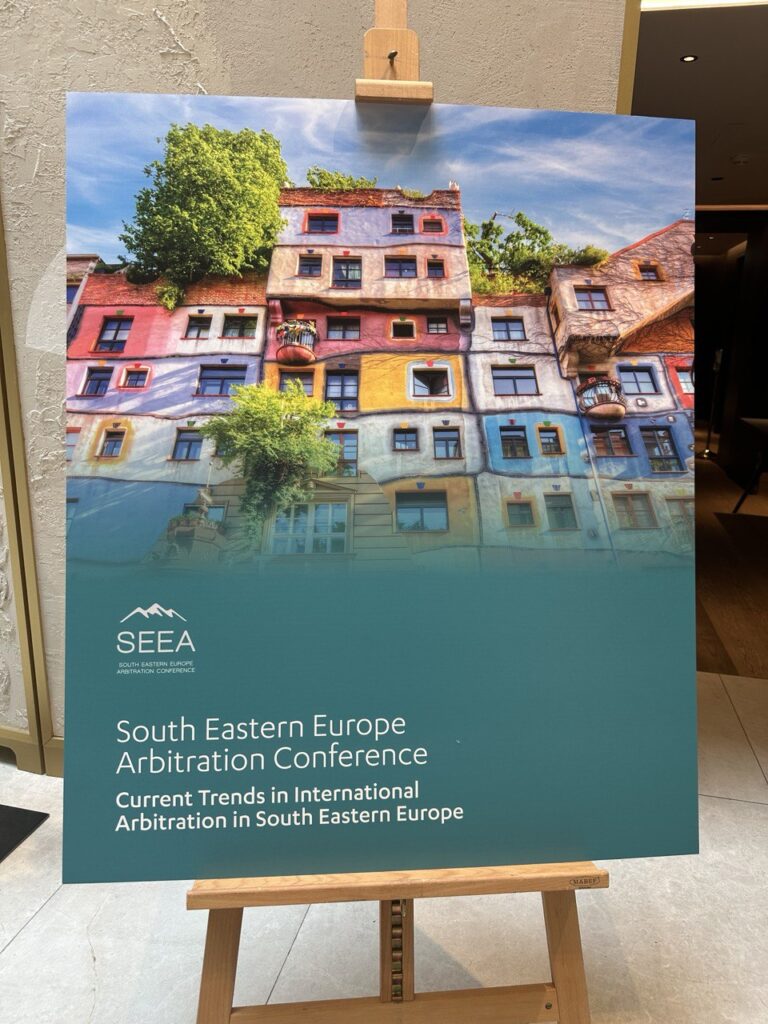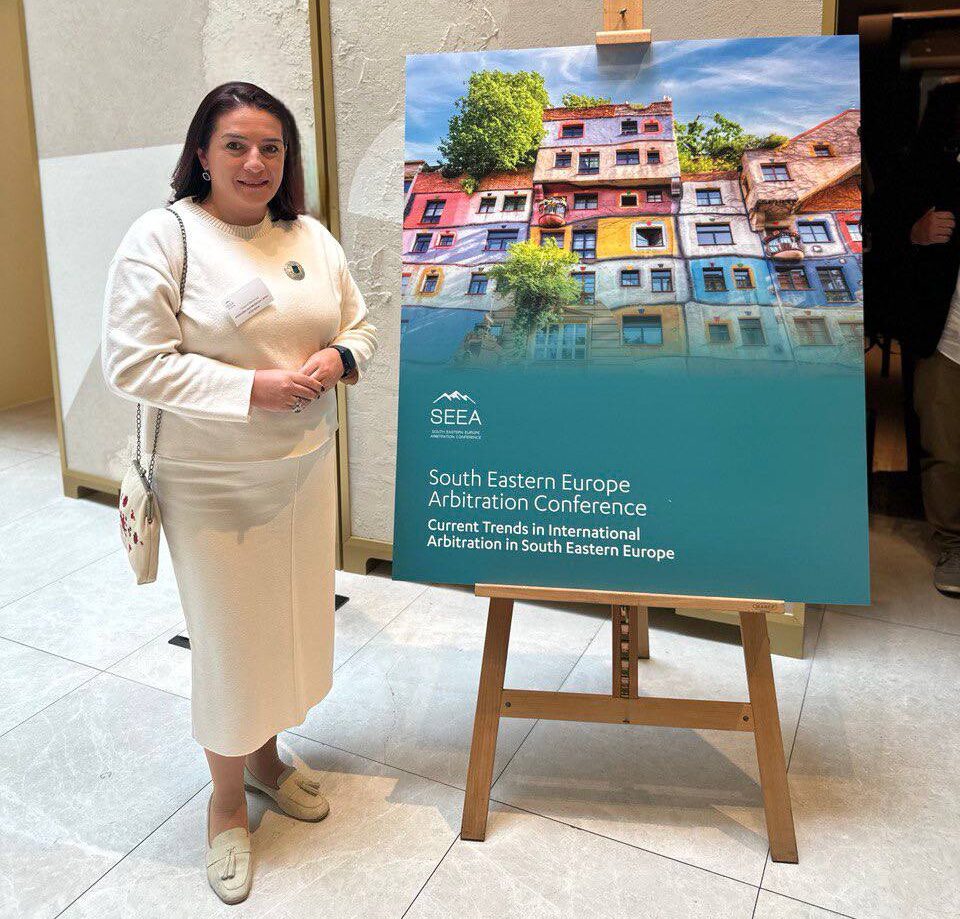The Second South Eastern Europe Arbitration Conference explored the latest developments and challenges in the field of international arbitration, particularly focusing on issues relevant to the region. Key topics included advancements in arbitration law, the role of arbitration in cross-border disputes, and the impact of sanctions regimes. The event serves as a platform for exchanging insights on best practices, fostering dialogue on arbitration’s evolving role in the region, and offering networking opportunities for professionals in the field.
Among the key discussions were:
Importance of mediation in investment arbitration: culture also plays huge role in the region, but global challenges should promote application of mediation in investment arbitration.
Very interesting discussion was held on how many cases an arbitrator should take within a year in order to ensure efficiency of arbitration and whether arbitration institutions should play vital role in this.
The second part of the event was GAR Live: Vienna 2024, which gathered leading practitioners and experts to discuss the latest updates on arbitration practices, the role of technology, and evolving legal frameworks. The conference’s Oxford Union-style debate featured a lively discussion on the motion:
This conference once again reaffirmed the importance of these topics, bringing together a diverse array of professionals to discuss the critical legal, technological, and ethical issues that will shape the future of arbitration.
The format of Vienna GAR creates a perfect platform for both sharing the most recent updates and developments in arbitration and serves as a thought provoking tool.
In her opening speech the Austrian minister of Justice Alma Zadic mentioned that collaboration between arbitration tribunals and the courts is crucial in creating arbitration friendly environment.
AMCA Director, Tatevik Matinyan, was an active participant, contributing valuable insights on the impact of evolving arbitration laws on international practices, emphasizing the growing importance of technology and confidentiality in dispute resolution processes. Her engagement underscores Armenia’s active role in shaping the future of arbitration in the region and beyond.


